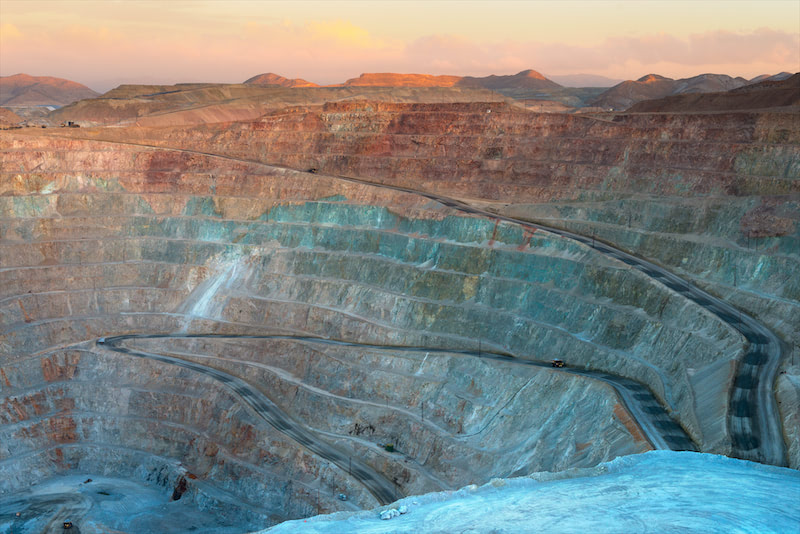SHANGHAI, Oct 14 (SMM)—There were market talks that China’s state-owned power companies and steel mills have received verbal notifications to suspend thermal coal and coking coal imports from Australia, according to recent reports by overseas newswires. However, it was reported that Australian officials have not yet received any official information from China.
In response, Li Kuiwen, spokesperson for General Administration of Customs and Director of the Statistics and Analysis Department said in a press briefing that China Customs will further strengthen the import supervision of related products.
China imported 152 million mt of coal from January to August 2020, of which 70.44 million tons were Australian imports, accounting for 46.4%.
China’s suspension of Australian coal imports will inevitably widen the coal supply gap and trigger a price increase of domestic coal.
Coal imports to China stood at 18.68 million mt in September, down by 38% from the a year ago, according to preliminary customs data. Coal imports have declined sharply since the expiry of the 2020 import quotas across most Chinese regions.
Coking coal and metallurgical coke prices rose sharply, with the coke futures contract setting a new high in 14 months, bolstering steel prices.
However, considering that the short-term sharp increase has fully reflected the positive, prices are likely to fall in the near term.
At the press conference, Li also revealed that the total value of China-Australia trade for Q1-Q3 stood at 859.73 billion yuan, a year-on-year decrease of 1.1%, accounting for 1.1% of China’s total import and export value during the same period.
Commodities that were imported from Australia include iron ore, natural gas and coal, accounting for 76.4% of imports.
Exports to Australia were 258.95 billion yuan, an increase of 9.5%, while imports from Australia saw a decline of 5.1% at 600.78 billion yuan.
Simon Birmingham, Australia's Minister of Trade issued a statement stating that the Australian government is discussing with the China domestic resources industry on this matter. Birmingham also stated that Australia will continue to strengthen its position as a reliable supplier of mutually beneficial high-quality resources.
Local industry experts say:
Xinsheng Futures: “Coke prices are moving downwards after consecutive rounds of increase. At present, most of the coking enterprises are producing normally, and the shortage of regional coke supply has eased. On the whole, the current profit of steel mills is low. With coke supply slightly improving, steel mills are likely to suppress prices of raw materials such as coke. However, considering the relatively strong demand, the decline of coke prices may be limited.
In the medium and long term, coal production in Shandong remains as the determining factor of supply and demand. At the same time, in the fourth quarter, 21.97 million production capacity is expected to be commissioned at the end of the year. Overall speaking, coke supply will be eased slightly than that in the first half of the year, supply and demand will basically remain balanced, and the fluctuation of coke prices will gradually narrow.”
Huishang Futures: “Demand for winter restocking has lifted coking coal prices, as coking plants have started to maintain high-level production and are actively restocking coking coal. In addition, safety inspections and production restrictions have affected coking coal supply, especially in Shanxi, the producer of low-sulphur premium coking coal. In view of the strong demand for coking coal from domestic steel mills and coking plants, it is expected that the price of coking coal will remain strong.”
Anliang Futures: “The market is still expected to return to rational fundamentals in the later stage, and the current actual impact has not yet been reflected.”



